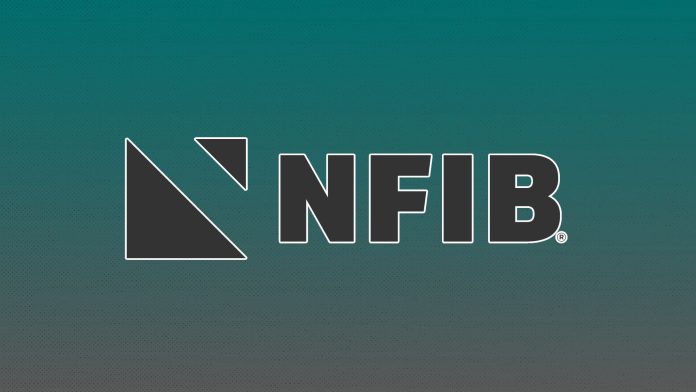Fourteen individuals have been arrested in connection with a scheme that allegedly defrauded federal COVID-19 relief programs, taking over $25 million earmarked to support small businesses during the pandemic. This enforcement action, announced by the U.S. Department of Justice, underscores the ongoing battle against fraudulent claims that have jeopardized taxpayer-funded assistance intended to support businesses in need.
The arrests highlight how criminal elements exploit government programs meant to aid struggling small businesses. Each of the defendants is accused of various offenses, including conspiracy to defraud the government, wire fraud, bank fraud, and money laundering. The scale of the fraud is alarming, with defendants allegedly creating fake businesses, submitting false financial documents, and inflating revenue figures to secure loans through the Paycheck Protection Program (PPP) and Economic Injury Disaster Loan programs.
Vahe Margaryan, also known as "William McGrayan," is at the center of one such scheme, allegedly orchestrating a complex operation involving sham corporations to defraud banks and the Small Business Administration (SBA). He supposedly directed others to open fraudulent accounts, concoct fake documents, and falsely represent their financial situations to access millions in loans.
Sarkis Gareginovich Sarkisyan, another defendant, is alleged to have secured over $700,000 for a non-existent business, emphasizing how easily scammers can navigate through loopholes in loan applications. Additionally, individuals like Felix Parker are accused of using fake tax returns to illustrate false earnings, resulting in the acquisition of over $2 million through deceptive means.
For small business owners, this situation serves as a stark reminder of the importance of compliance and transparency when applying for federal loans. Understanding the legal parameters of these programs is critical. “Today’s enforcement action is intended to send a message to all criminals who take advantage of government programs designed to help those who need them most,” United States Attorney Bill Essayli stated. This sentiment reinforces the idea that ethical behavior is not only important for individual integrity but also for maintaining the public trust in assistance programs.
Moreover, the implications of these fraudulent schemes extend beyond legal consequences for the perpetrators. For legitimate small businesses seeking assistance, increased scrutiny from federal agencies could translate into a more rigorous application process. As law enforcement intensifies efforts to crack down on fraud, small businesses may encounter stringent verification measures, which could delay approvals for much-needed funds.
In pursuing these cases, law enforcement has seized significant assets, including cash, laptops, and firearms, indicating the seriousness of the defendants’ operations. The involvement of the Homeland Security Investigations (HSI) and the IRS in the investigation illustrates a coordinated approach to dismantling criminal networks that exploit governmental aid programs.
“There is a pressing need to protect taxpayers from fraud, waste, and abuse,” remarked Jonathan Huang of the SBA Office of Inspector General. This protects not only the integrity of government programs but also serves as a safeguard for honest businesses striving to rebuild in the aftermath of the pandemic.
Small business owners should remain vigilant as these developments unfold. The increased focus on addressing fraud in COVID-related relief programs may result in stricter eligibility assessments, underscoring the necessity for transparency and accuracy in financial documentation. Keeping detailed records and ensuring that all claims are accurate can help prevent issues down the line.
For those aware of fraudulent activities, reporting them can contribute to the enforcement of justice in these matters. The National Center for Disaster Fraud is available for tips or complaints, which can help mitigate future misconduct.
The recent actions taken by authorities not only aim to impose penalties on those who abuse the system but also protect the support networks established to aid genuine small businesses during challenging economic times. As the landscape evolves, vigilance and ethical compliance will be paramount for small businesses navigating federal assistance programs designed for relief and recovery.
For more information and the full details of the arrests and charges, visit the official announcement on the SBA’s website here.
Image Via BizSugar



